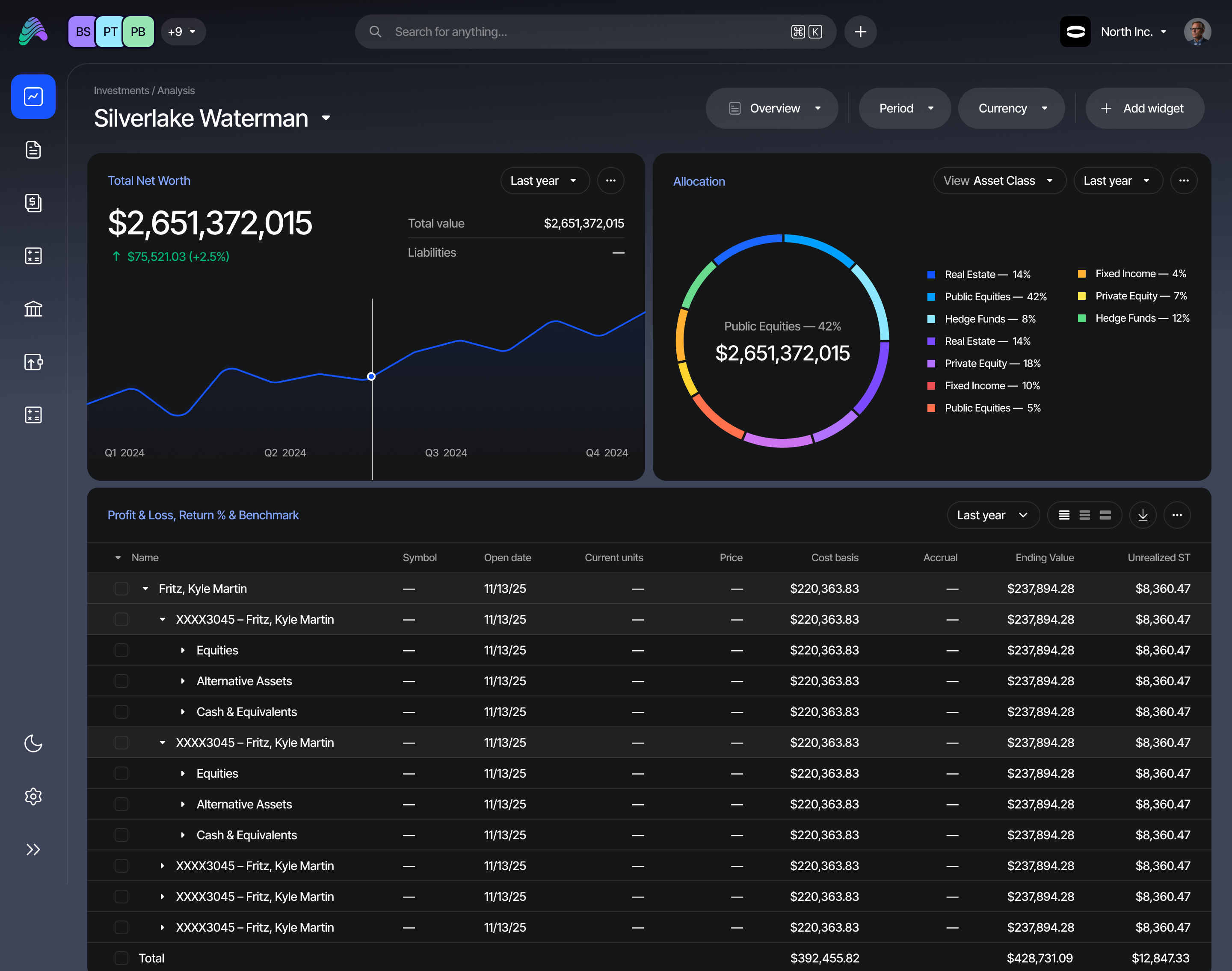On July 4, 2025, the One Big Beautiful Bill Act, affectionately known as the "Big Beautiful Bill," transformed significant aspects of U.S. tax legislation. This sweeping overhaul has major implications for Family Offices, notably through the reintroduction of 100% bonus depreciation on qualified business assets, including private aircraft. But what does this mean practically, and why should Family Offices take note?
At the heart of the bill is the reinstatement of 100% bonus depreciation from January 19, 2025, through January 1, 2030. This provision allows Family Offices to deduct the full purchase price of qualifying assets, such as private jets, in the very first year of use.
For instance, a Family Office acquiring a new Gulfstream or Citation jet priced at $20 million could potentially realize an immediate $20 million tax deduction, significantly reducing taxable income and enhancing cash flow.
This turbocharged tax benefit fundamentally alters the financial dynamics of jet ownership, turning what was often viewed merely as a luxurious convenience into a powerful strategic financial tool. The immediate deduction not only incentivizes outright aircraft ownership over leasing but also enables more effective cash flow management.
With enhanced liquidity, Family Offices can more rapidly deploy capital into other investment opportunities, further diversifying and strengthening their financial portfolios.
However, to qualify for these substantial tax advantages, specific conditions must be met:
- The aircraft must primarily serve business purposes: at least 50% business use.
- Precise usage logs must be maintained to ensure IRS compliance.
- The deduction applies strictly to new aircraft placed in service within the specified period, excluding previously owned jets.
Family Offices are uniquely positioned to maximize these advantages due to their substantial capital reserves, sophisticated investment strategies, and specialized advisory teams adept at navigating complex IRS regulations. For many, the Big Beautiful Bill provides not just financial incentives but a compelling rationale for re-evaluating asset management and acquisition strategies.
To fully leverage these new opportunities, Family Offices should take proactive steps.
First, assess and document projected business use of private jets, carefully forecast EBITDA impacts, and consider strategic timing for acquisitions to fall within the specified bonus depreciation window. Utilizing advanced financial modeling tools, such as those provided by Asseta AI, can simplify these processes, offering clear insights into financial impacts and compliance management.
Beyond private jets, the Big Beautiful Bill also provides additional tax incentives beneficial to Family Offices, including increased Section 179 deductions on tangible business assets and enhanced provisions for Qualified Small Business Stock (QSBS) and State and Local Tax (SALT) deductions. These elements collectively enhance the attractiveness of strategic investments for sophisticated Family Office operations.
The Big Beautiful Bill represents a significant shift in tax strategy, particularly advantageous for Family Offices considering private jet ownership. By capitalizing on these immediate depreciation benefits, Family Offices can substantially optimize their tax profiles, free up liquidity, and bolster their strategic investment capacities. Asseta AI’s robust financial platform ensures that Family Offices can seamlessly model, track, and maintain compliance for these sophisticated financial strategies, turning the complexities of the Big Beautiful Bill into clear and actionable financial advantages.


.svg)





.png)
%20(1).png)
.png)

.png)

.png)